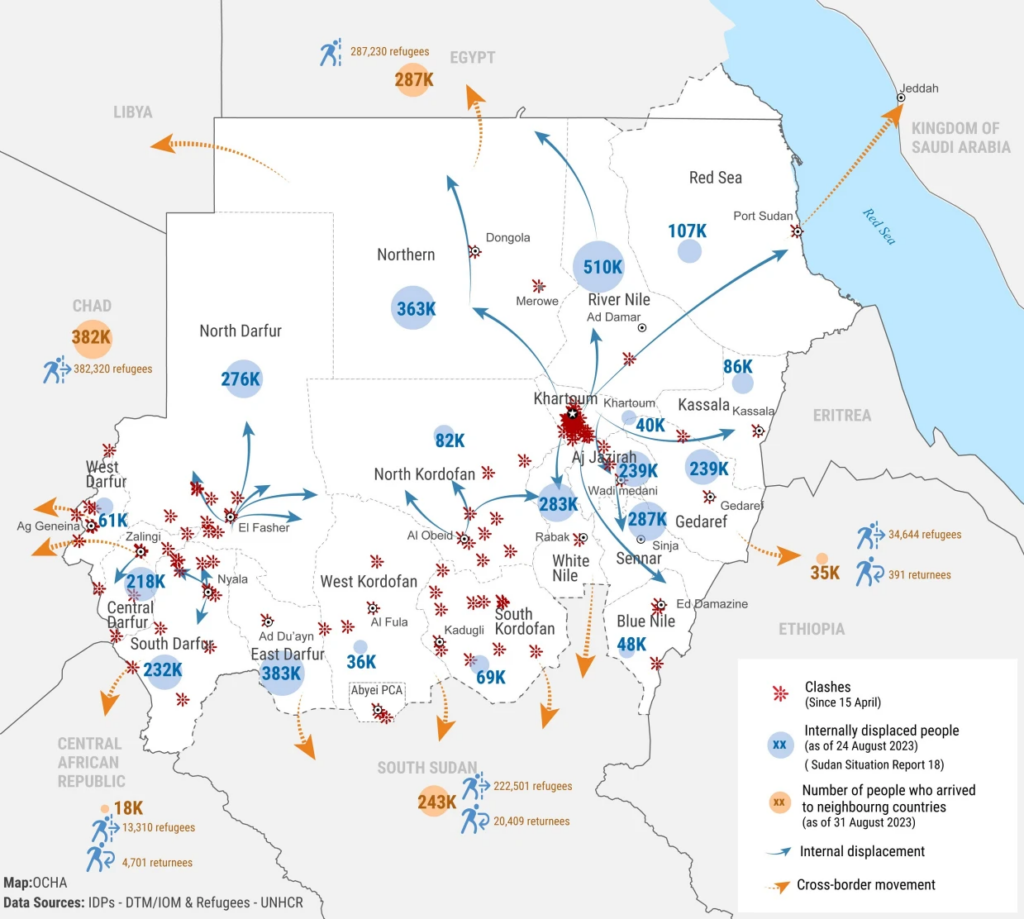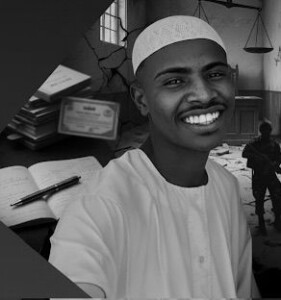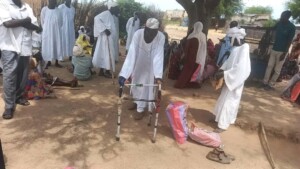Battles continue in Sudan, at least 4.8 million people fled their homes

Numbers of people who fled their homes in Sudan as of August 29 (Map: OCHA)
On Thursday, continued fighting between the Sudan Armed Forces (SAF) and the Rapid Support Forces (RSF) was reported from Khartoum state and Nyala, South Darfur. Army forces in El Obeid, North Kordofan, have reportedly managed to chase the RSF from the city. The UN Office for the Coordination of Humanitarian Affairs (OCHA) yesterday stated that more than 4,8 people have fled their homes since the war erupted in mid-April.
A large number of military forces were reportedly killed yesterday in an attack by the RSF on a camp of the army’s Special Task Forces in the El Merkhiyat mountainous area in northwest Omdurman.
The RSF claimed in a statement that they managed to destroy the camp. “The operation left hundreds of SAF soldiers dead, while the remaining soldiers fled.”
The army continued its artillery shelling of RSF targets in various areas of Khartoum state on Wednesday and Thursday.
A listener told Radio Dabanga from Khartoum North (Khartoum Bahri) that the SAF shelled areas in Sharg El Nil on Wednesday. Several missiles fell inside residential neighbourhoods. One person was fatally hit by a shell and two others were wounded.
The resistance committees of North Khartoum El Khojalab accused the RSF of attacking civilians in the neighbourhood. Two people were killed and three others injured.
SAF spokesperson Brig Nabil Abdallah accused the RSF of attacking people in Ombadda in Omdurman and Suleimaniya in Jebel Awlia in southern Khartoum on Wednesday.
‘Hell in Nyala’
Battles also persisted in the South Darfur capital. “The RSF continued besieging the Army Command and other SAF sites in the city, while the SAF responded again with heavy weapons,” one of them said.
“Residents of the eastern, southern and northern neighbourhoods have fled to the western part of Nyala to areas outside the city,” he added.
“The continued shooting throughout the day, difficulties in obtaining water and food and in moving from one neighbourhood to the other, the complete blackout of electricity, water, and communication networks, are making life hell in the city.”
‘RSF repelled from El Obeid’
Majda El Gouni told Radio Dabanga from the North Kordofan capital El Obeid on Thursday afternoon that the city witnessed a cautious calm after fierce fighting between the army and the RSF on Wednesday – which left at least 14 civilians dead and 17 wounded.
“The city still witnessed gunfire early on Thursday morning, but this stopped around 10.00,” El Gouni said, and claimed that “the army was able to chase the RSF from El Obeid”.
She further said that the provision of electricity was restored on Thursday, and the shops at El Obeid Grand Market opened their door again.
Activists reported later yesterday that the army closed the market again “because of tensions in the city”.
The Sudanese Doctors Syndicate announced that the Kuwaiti Children’s Hospital had to stop operating after it was hit by a missile and its offices and wards were plundered.
A woman was killed, and a child was injured, El Gouni confirmed. She said that the inpatients were transferred to the Sudanese Children’s Teaching Hospital.
‘Complete power outages’
Towns and areas in El Rahad, Um Rawaba, and El Obeid in southeast North Kordofan have been witnessing complete power outages since Wednesday.
Sources attributed the outages to a technical malfunction in one of the towers in the Wad Ashana area, which borders White Nile state.
A source told Radio Dabanga that the RSF took control of Um Rabawa. “They stole all vehicles in the area, which makes it difficult to repair the tower,” he explained.
“Wad Ashana is geographically closer to White Nile state and other areas controlled by the SAF, but maintenance and repair operations are very slowly implemented these days.”
He said that in particular hospitals and other health facilities such as dialysis centres are affected by the power outages. “Surgeons in hospital in El Obeid lighted the operation rooms with mobile telephones on Wednesday.”
Displaced
People continue to flee Khartoum and search for refuge in White Nile state that hosts the largest number of displaced in the country, volunteer Salah Hashem told Radio Dabanga from Rabak.
“The situation of the displaced in White Nile state is rapidly deteriorating, while humanitarian interventions remain scarce,” he reported.
OCHA stated in its Sudan Humanitarian update yesterday that the number of people who have sought refuge from the violence in safer places in Sudan and abroad has risen to 4.8 million, including at least two million children, as of August 29. This means that about 300,000 more people fled their homes since OCHA’s update based on the situation on August 22.
About one million people have crossed into neighbouring countries.
The 2023 Sudan Humanitarian Response Plan (HRP) is only 26.4 per cent funded, with $676.9 million received as of 31 August.











 and then
and then